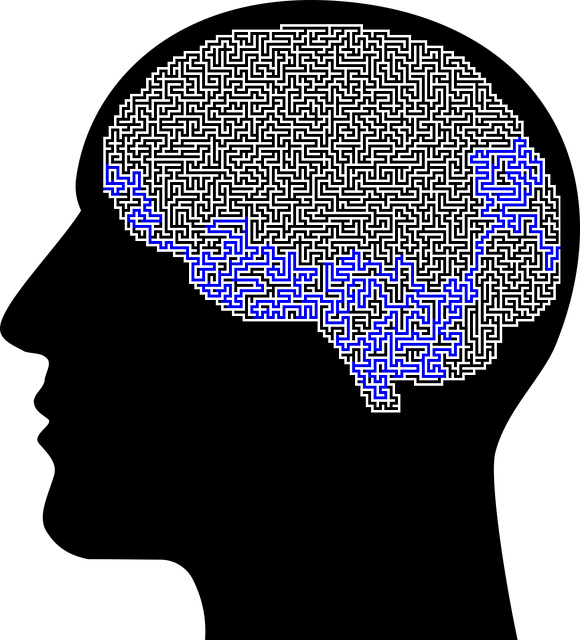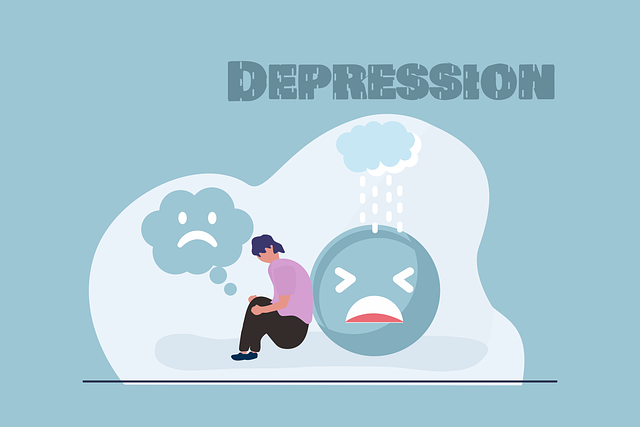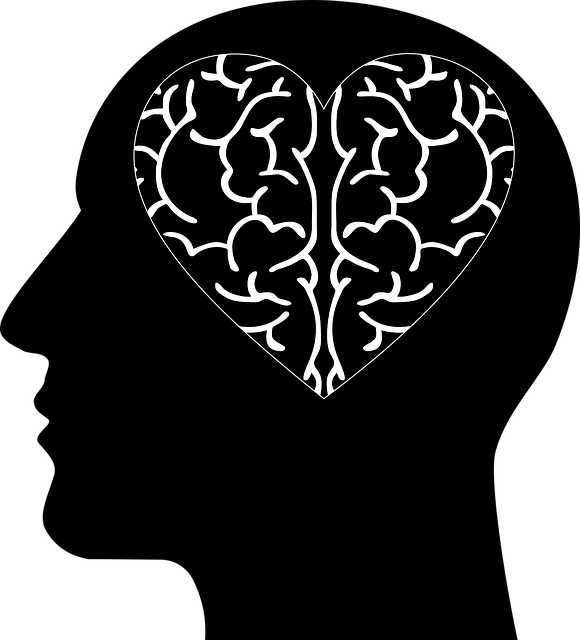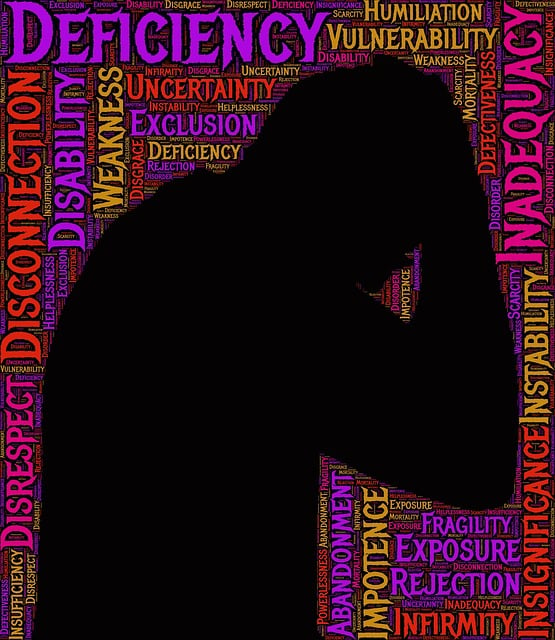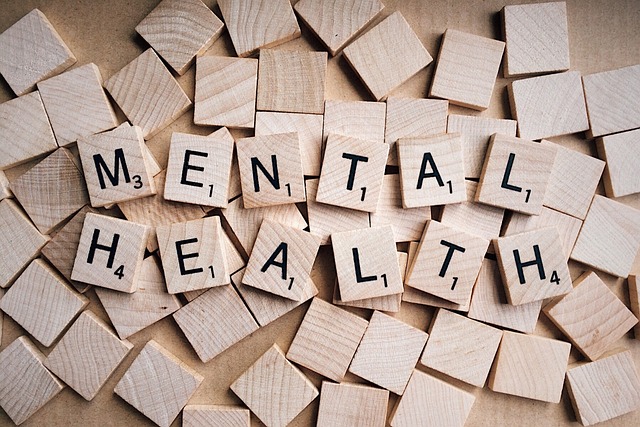Young adults in blended families face unique mental health challenges, requiring specialized Therapy for Young Adults Blended Families. Effective coping skills are crucial for navigating complex family dynamics, identity issues, and adjustment difficulties. Targeted therapy programs combining mental health education, group therapy, peer support, and personalized coaching empower these young adults with emotional intelligence and resilience. Integrating structured therapy with supportive community initiatives fosters robust coping strategies, enhancing overall well-being and fostering adaptability in blended family environments.
Coping skills development is an essential aspect of fostering resilience in young adults, especially those from blended families navigating complex family dynamics. This article explores the significance of these skills and provides insights into effective strategies for therapy. We delve into understanding coping mechanisms unique to young adults’ lives and offer practical guidance for creating supportive environments that promote resilience. By addressing these aspects, we aim to help professionals and caregivers facilitate healthier adjustments in this vulnerable demographic, with a specific focus on Therapy for Young Adults from Blended Families.
- Understanding Coping Skills and Their Significance in Young Adult's Lives
- Navigating Therapy for Young Adults from Blended Families
- Practical Strategies to Foster Resilient Coping Skills in a Supportive Environment
Understanding Coping Skills and Their Significance in Young Adult's Lives

Coping skills are the strategies individuals use to navigate and manage stressful situations, emotions, and challenges. For young adults, especially those in blended families, developing robust coping mechanisms is paramount for their well-being and success. These skills play a pivotal role in helping them cope with life’s twists and turns, fostering resilience and adaptability. In today’s fast-paced world, where mental health issues among young adults are on the rise, equipping them with effective coping strategies is crucial.
Therapy for young adults within blended families can significantly contribute to self-esteem improvement and inner strength development. By learning self-care practices tailored to their unique experiences, they gain tools to navigate interpersonal dynamics, process complex emotions, and build healthy coping habits. This proactive approach enables them to face life’s challenges head-on, fostering a sense of control and empowerment.
Navigating Therapy for Young Adults from Blended Families

Navigating therapy as a young adult from a blended family can be both challenging and rewarding. These families, characterized by stepparents and biological or adoptive parents living together, often bring unique dynamics that require tailored mental health support. Many young adults in such households struggle with identity formation, adjusting to new living arrangements, and understanding the complex relationships within their families. Therefore, well-designed therapy programs are essential to help them cope with these challenges.
Mental Health Education Programs can equip young adults from blended families with valuable self-awareness exercises and compassion cultivation practices. These programs should address specific concerns like stepfamily dynamics, communication issues, and potential feelings of displacement or confusion about their place in the family. Through group therapy sessions, peer support, and personalized coaching, young adults can develop resilience, improve family relationships, and enhance their overall mental well-being.
Practical Strategies to Foster Resilient Coping Skills in a Supportive Environment

Developing resilient coping skills is essential for young adults navigating complex life situations, especially within blended families. A supportive environment plays a pivotal role in fostering this resilience. One effective strategy is integrating mental health education programs designed to empower individuals with emotional intelligence and coping mechanisms. These programs can introduce various techniques, such as conflict resolution strategies, mindfulness practices, and resilience-building exercises, tailored to the unique challenges faced by young adults in blended families.
Additionally, creating safe spaces for open dialogue and peer support networks can significantly contribute to a person’s ability to cope. Encouraging honest conversations about mental health struggles and providing opportunities for social connection can help reduce feelings of isolation. By combining structured therapy with supportive community initiatives, individuals can develop robust coping skills, enhancing their overall well-being and resilience.
Coping skills development is an essential aspect of navigating life, especially for young adults from blended families. By understanding and utilizing practical strategies discussed in this article, including therapeutic approaches tailored to their unique circumstances, young adults can build resilience and effectively manage challenges. Fostering a supportive environment that encourages open communication and provides coping tools is crucial for their overall well-being. Through these efforts, we can empower young adults from blended families to thrive and lead fulfilling lives.
